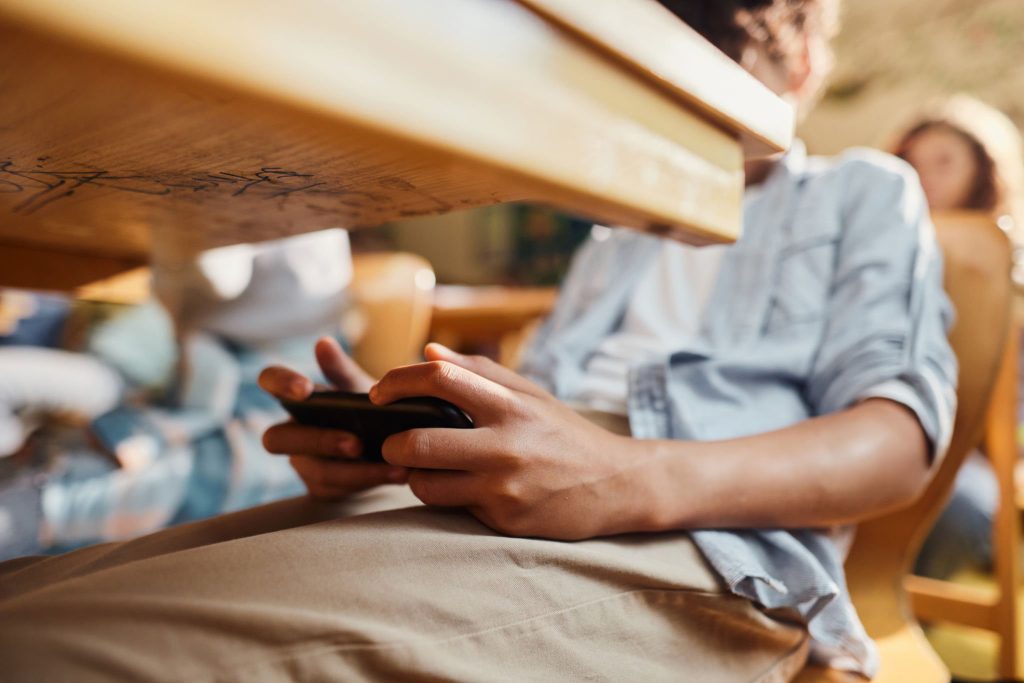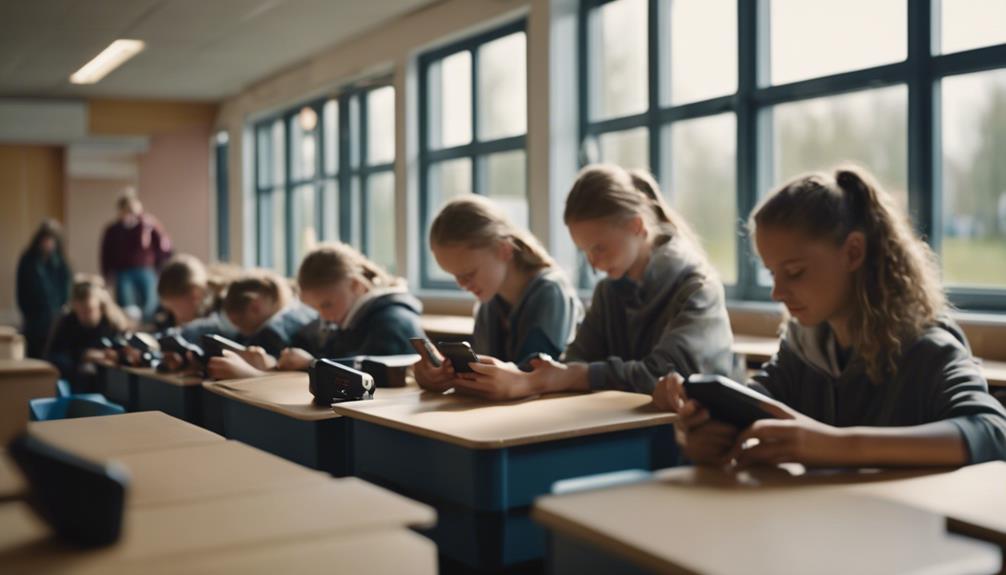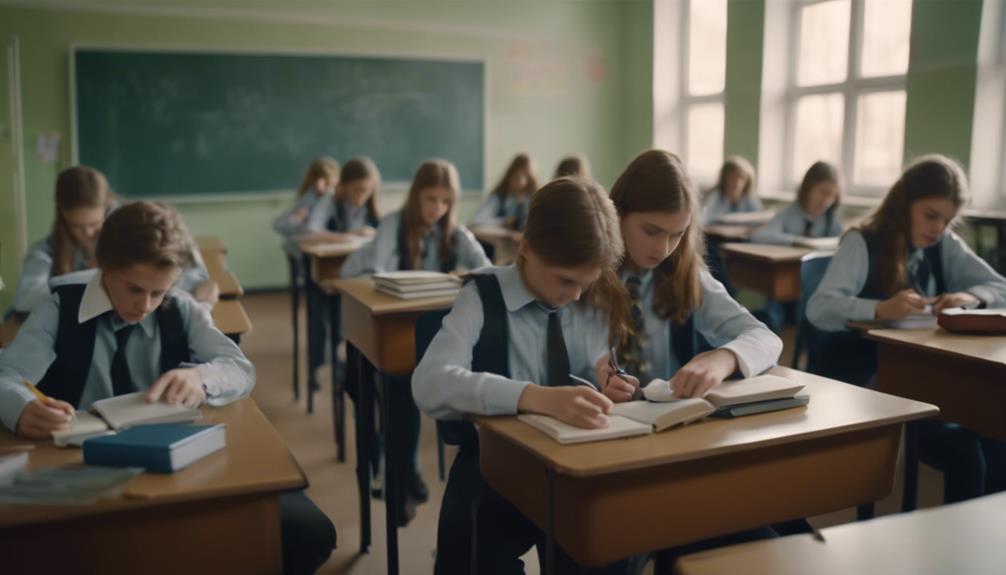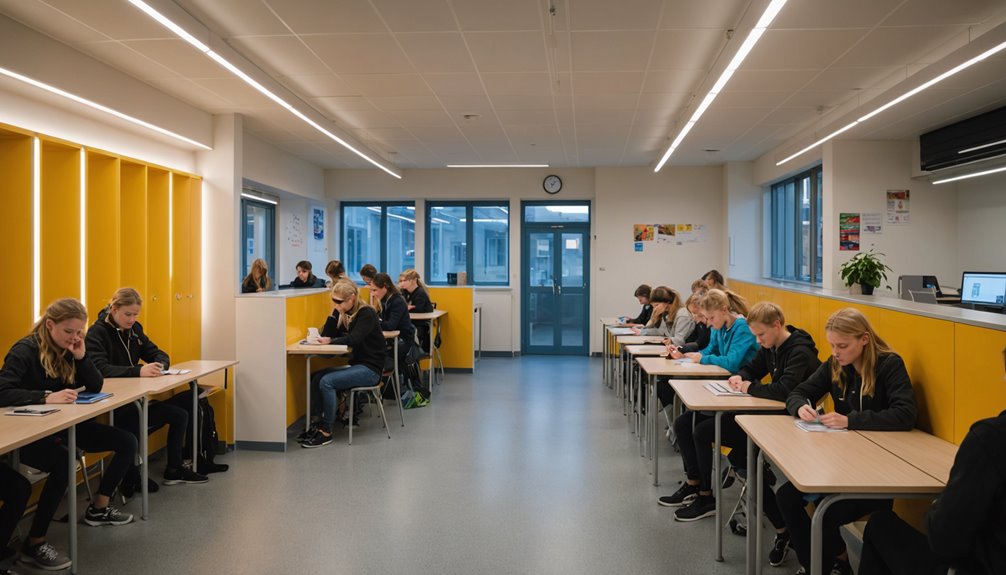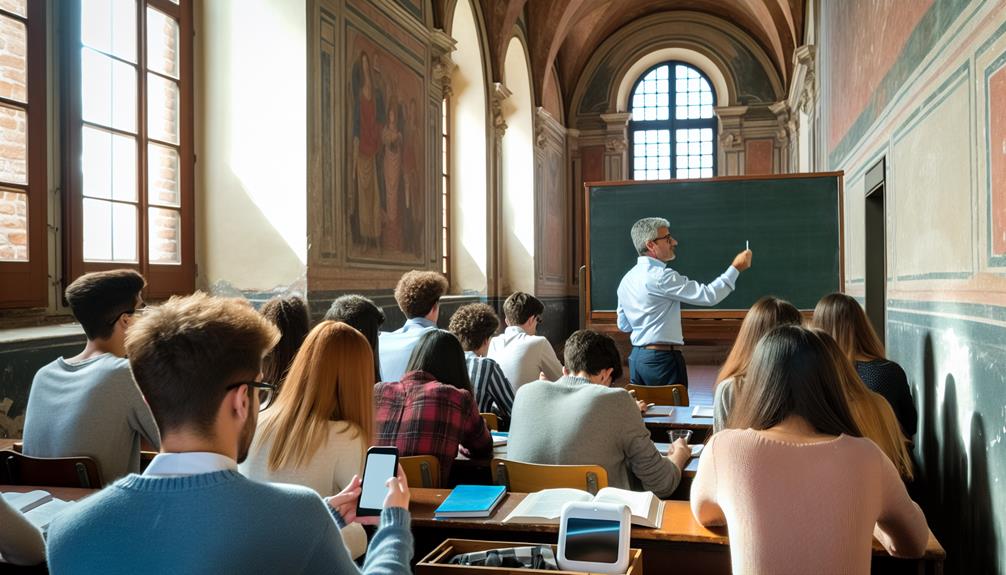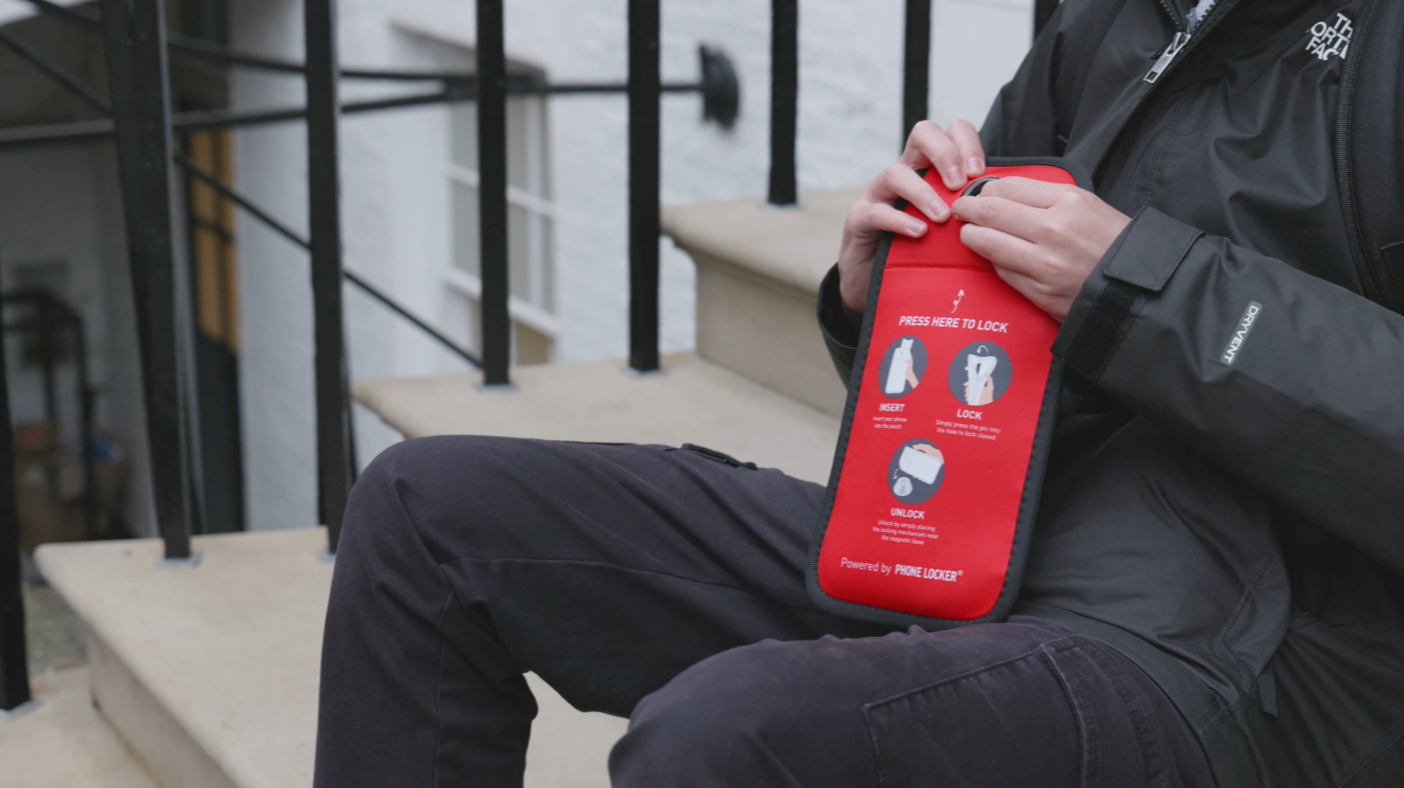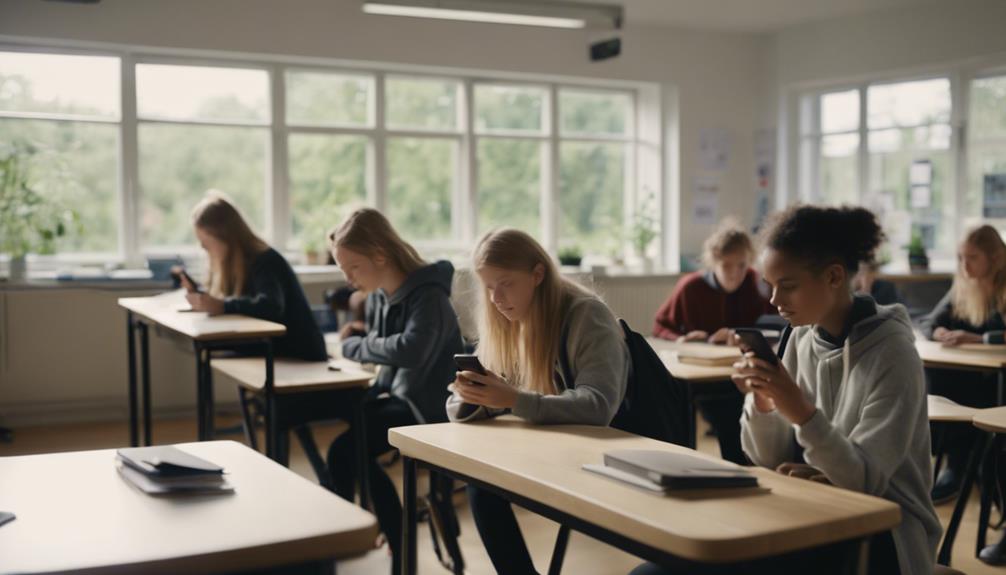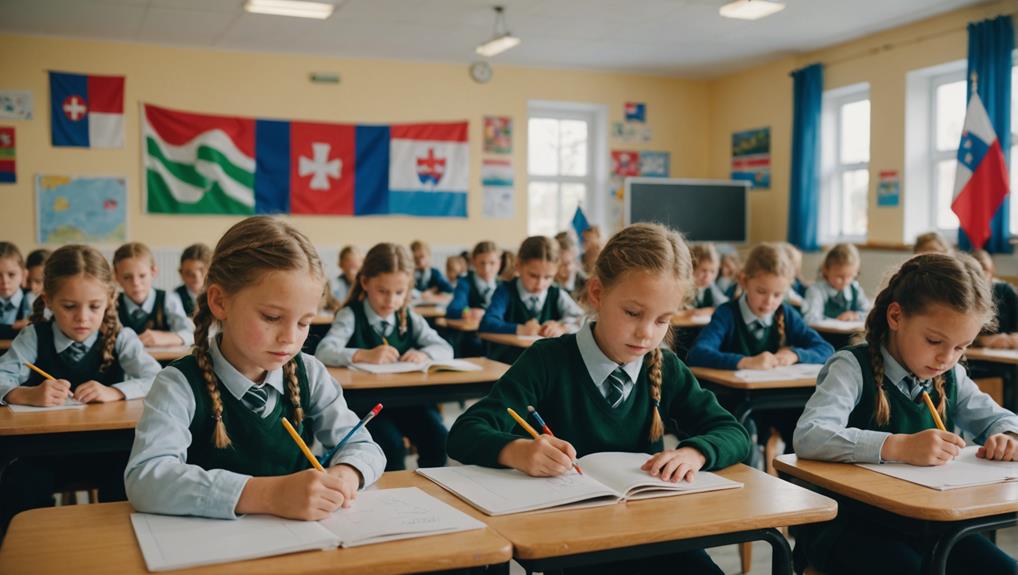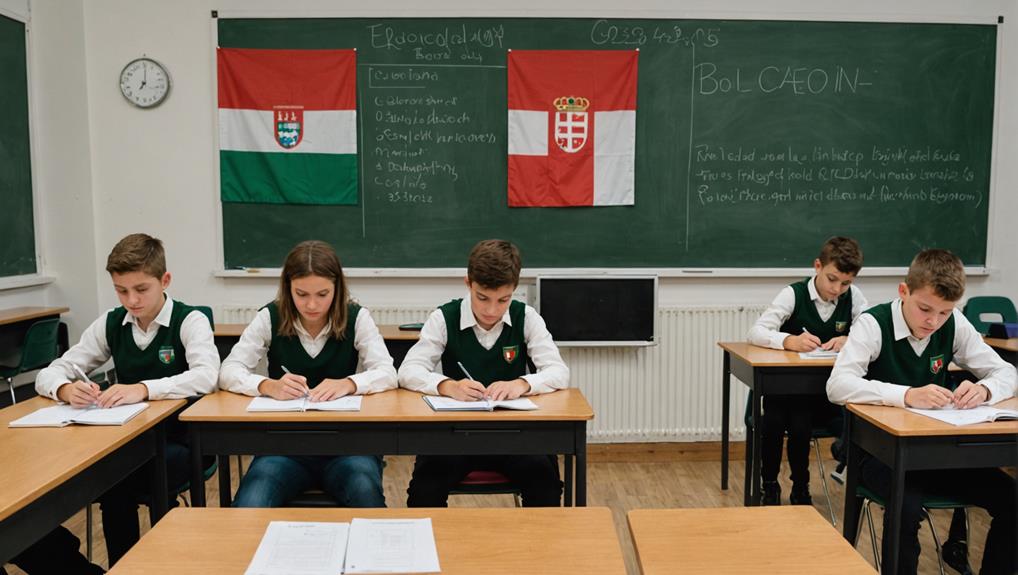Dinamarca endurece las normas sobre el uso de teléfonos inteligentes en las escuelas
Dinamarca se ha unido a una lista creciente de países europeos que se están volviendo más estrictos con los adolescentes y el tiempo frente a las pantallas, con un cambio de rumbo por parte de su gobierno que se dispone a introducir una nueva ley.
The Danish government has previously refused to introduce a law banning smartphones from schools. However, based on recommendations from a long-awaited report from the country’s Well-being Commission, the government is changing course and will make mobile-free schools and after-school clubs a legal requirement.
Prime Minister Mette Frederiksen set up the Well-being Commission in 2023 to investigate growing dissatisfaction among children and young people. This was after Minister of Children and Education Mattias Tesfaye announced that young people had been, “Guinea pigs in a digital experiment, the scope and consequences of which we cannot foresee.”
Among the February 2024 report’s recommendations was the need for government legislation banning phones from schools and after-school clubs to better balance between digital and analogue life.
The commission’s research found:
- 94% of young people had a social media profile before they turned 13-years-old
- 9 to 14-year-olds spent an average of 3 hours a day on TikTok and YouTube
- Children aged between 7 and 17 are banned from bringing phones into school
Mattias Tesfaye commented on the news, saying:
“In the two years that I have been minister of education alone, we have become somewhat wiser.”
“There is a need to reclaim the school as an educational space, where there is room for reflection and where it is not an extension of the teenage bedroom.”
Local authorities will have the ability to make exceptions, especially for those children with additional educational needs, but he said mobile phones and personal tablets, “Do not belong in school, neither during breaks nor during lessons”.
The ban is a response to a commonly felt sentiment that mobile phones and smart devices are taking time and attention away from important socialisation and real-life play with friends and family.
Going Phone-free
Where can Denmark learn lessons? From an outright phone ban to a trust-based approach, different schools in different countries have taken different approaches.
Having followed all of the searches, there’s a few vital elements in successfully going phone-free:
- Inclusion: Getting feedback and buy-in from parents, students and teachers.
- Clear Rules: Simple, straight-forward policy updates that are enforced.
- Consistency: Same rules apply across the school, with staff included.
- Feedback: See what tweaks can be made to suit your school’s needs.
Many schools opt for the Phone Locker lockable phone pouch. This means students retain their phones, but can only access them when permitted. This removes liability issues and gives flexibility for lessons that actively use smartphones for research, but also prevents clashes between school staff and students due to phones being “confiscated.”



